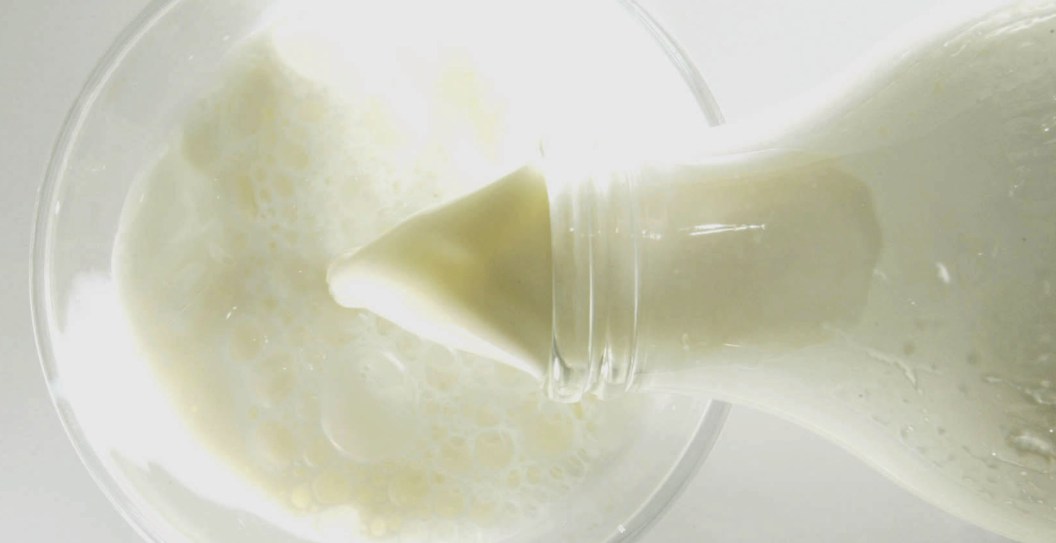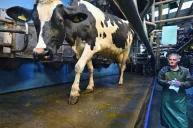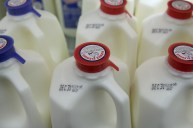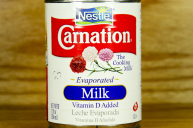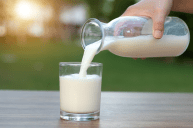Previously, the FDA reported that commercial U.S. milk tested positive for H5N1, also known as the bird flu. Now the agency is revealing how many samples.
Videos by Wide Open Country
One in five commercial milk samples tested positive for the bird flu virus. "This says this virus has largely saturated dairy cattle throughout the country," said Dr. Michael Osterholm, an infectious disease expert at the University of Minnesota. The contaminated milk contained particles from the virus. However, the FDA and USDA do not believe that people are at risk of being infected from the milk.
The organizations believe pasteurization makes the milk safe to drink, but they're conducting further tests."There's so many critical things that we still need to know to get a better perspective on how bad this is, or maybe it's not so bad," says Dr. Rick Bright, a virologist and the former head of the Defense Advanced Research Projects Agency (DARPA) (via NPR).
How Widespread Is Bird Flu?
Bright condemned the government for not being more transparent. The government still hasn't revealed the number of samples and extent of the spread. "It's the void that just leaves everyone nervous," he said.
Other scientists say there are a lot of unknown variables at this point when it comes to the virus. While the FDA is requiring more testing, it wasn't mandatory up to this point. "We don't know how many animals have this," says Alexis Thompson, a veterinarian at Texas A&M Veterinary Medical Diagnostic Laboratory. "There has been very little sampling done. We don't know how many [sick] animals we have. We don't know how many asymptomatic animals we have. That testing has not been done."
Milk from infected cows was supposed to be discarded. So the fact, that it's appearing in commercial milk suggests a number of asymptomatic cows infected with the virus. Meanwhile, the FDA assures that the milk is safe. It said pasteurization "kills harmful bacteria and viruses by heating milk to a specific temperature for a set period of time to make milk safer. Even if the virus is detected in raw milk, pasteurization is generally expected to eliminate pathogens to a level that does not pose a risk to consumer health."
Likewise, the USDA has spoken on the matter.
"This has been and continues to be a rapidly evolving situation and we are treating it seriously and with urgency, which why this week we issued a Federal Order to further protect the U.S. livestock industry from the threat posed by this virus," said USDA spokesperson Allan Rodriguez in a statement.
